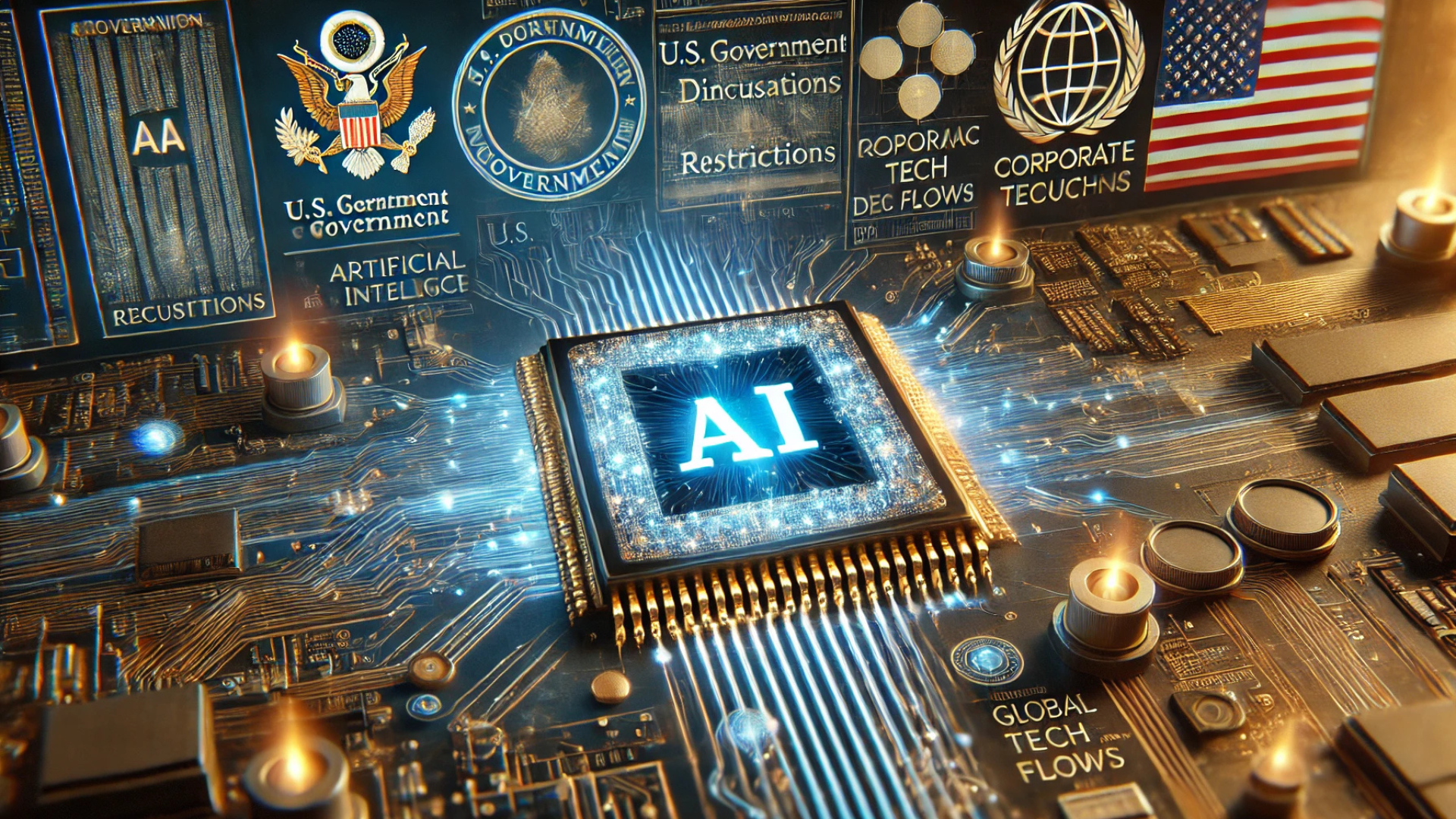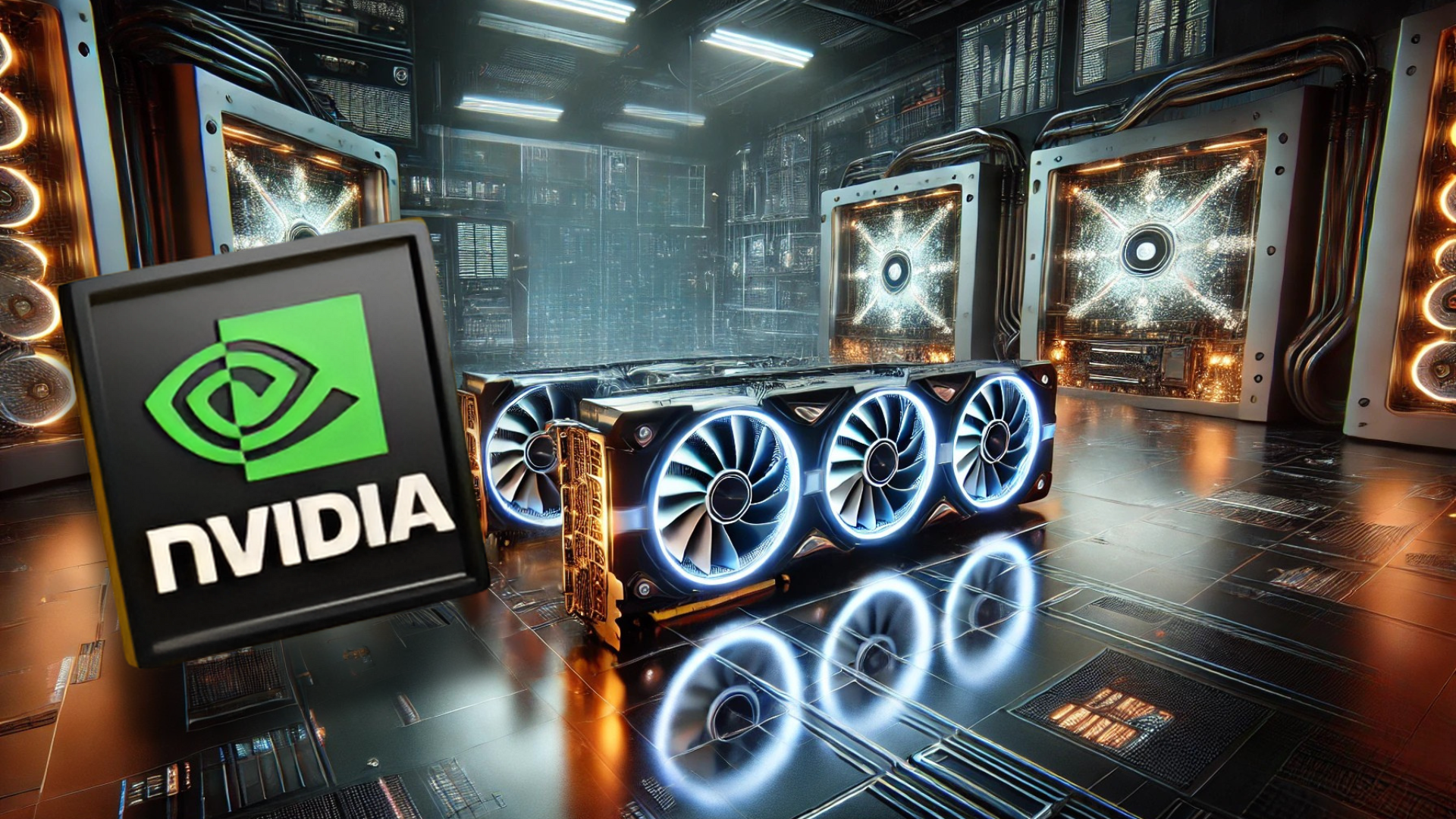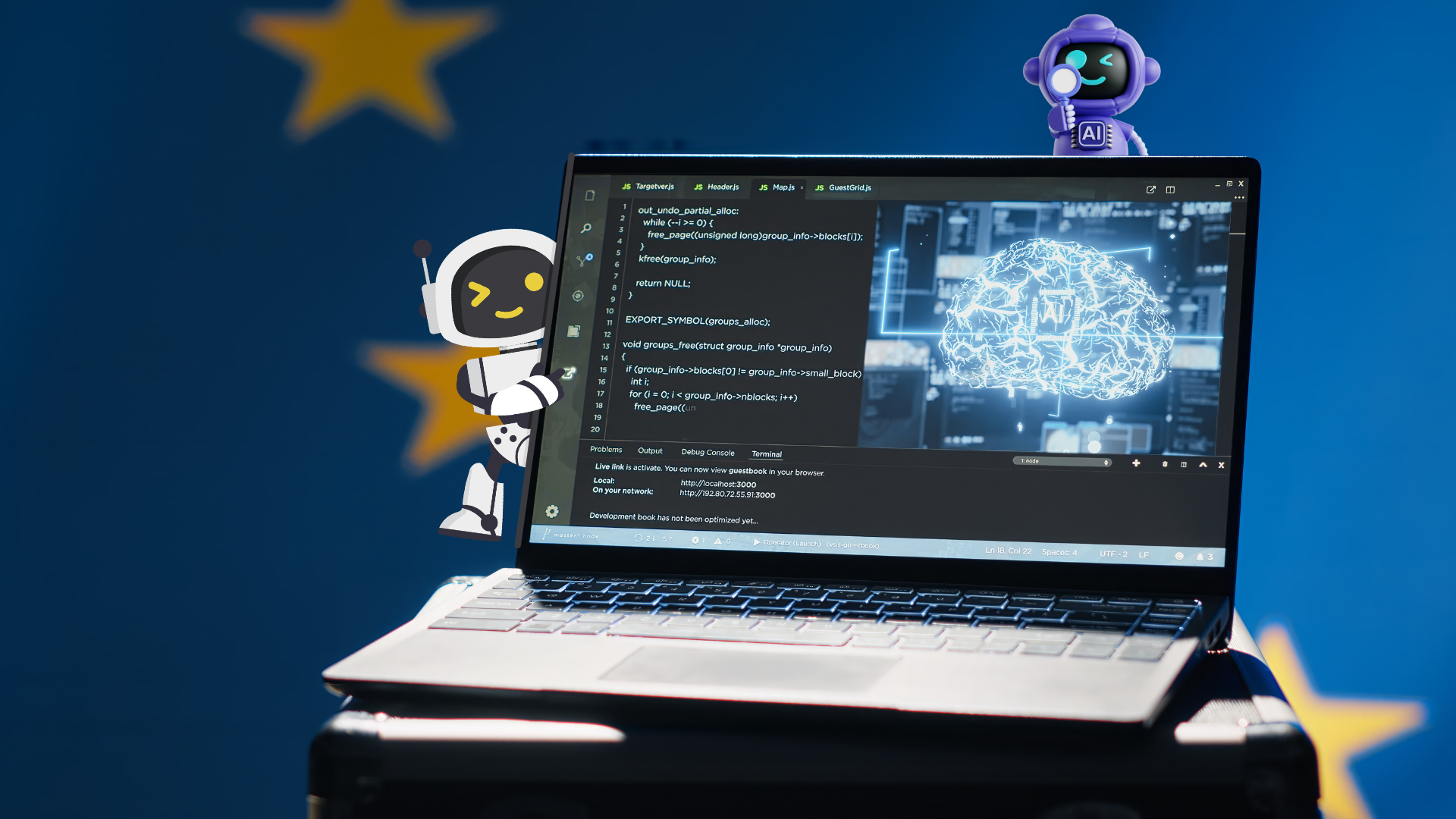
AI agents are rapidly evolving, with growing investment and excitement surrounding their potential to handle personal and professional tasks. From trading to scientific research, these autonomous assistants are being developed for a wide range of applications. However, a key gap remains between their promise and actual performance—AI agents are only as effective as the data they can access.
Currently, AI agents rely on fragmented, unverified, and often public data sources. Compounding this issue, there is no standardized infrastructure to ensure secure and private data processing. To bridge this gap, AI agents need better data “diets” that enhance contextual understanding, ensure accuracy, and improve decision-making.
The Problem of “Garbage In, Garbage Out”
Like any other technology, AI agents are defined by the quality of their inputs. Presently, they face a major issue: “garbage in, garbage out.” AI models are fed vast amounts of data, but without verification and authentication, they struggle to process and connect this information meaningfully. The lack of qualitative, structured data limits their ability to perform effectively.
To illustrate, a trading bot requires real-time market data, historical trends, and cross-chain activity to make informed decisions. If this data is scattered, unreliable, or improperly verified, the bot’s performance suffers. Similarly, an AI medical assistant must analyze accurate health records, but if trained on second-hand or outdated data, it becomes ineffective.
The solution is not simply more data but better data. AI systems need an infrastructure that transforms raw information into actionable insights while maintaining strict privacy standards. Instead of data abundance, the focus should be on enriching datasets with validated, trustless metrics to enable agents to transition from imitation to independent reasoning.
Blockchain as a Solution for Better Data Diets
Before AI agents reach mainstream adoption, critical data-related questions must be addressed: Where does the information originate? Is there creator consent and fair compensation? How can privacy be ensured during data processing? Blockchain technology offers solutions to all three.
1. Data Provenance and Transparency
Blockchain provides a mechanism for verifying data origins and authenticity. By leveraging decentralized ledgers, each piece of information can be immutably tracked, ensuring traceability. Trusted execution environments and cryptographic proofs enable AI agents to validate their sources, improving the reliability of the data they use.
2. Creator Consent and Compensation
The programmable nature of blockchain allows for a shift from data extraction to fair value exchange. Standards like ERC-7231 enable users to bind their online identities to NFTs, creating digital passports for data ownership. This gives individuals control over their data and allows them to receive compensation whenever their information contributes to AI development.
3. Privacy-Preserving AI Processing
Blockchain architecture supports privacy-focused data processing. AI agents can analyze information through decentralized ecosystems and zero-knowledge proofs, ensuring that sensitive data remains protected. This fosters a secure and trusted environment where high-quality insights can be leveraged without exposing personal details.
Trust Through Better Data
As AI agents become more integrated into our daily lives, they must be built on a foundation of trust. Whether analyzing financial transactions or health records, agents need mechanisms that ensure data integrity, user privacy, and accuracy.
Emerging frameworks now incorporate verification layers into AI agent architecture, allowing them to process both on-chain and off-chain data. This enables advanced reasoning capabilities while safeguarding information. By adhering to strict data principles, AI agents can evolve into truly reliable and intelligent digital assistants.
AI agents are the informational equivalent of the saying, “You are what you eat.” The quality of their data diet will determine their effectiveness, trustworthiness, and intelligence. It is up to developers, system architects, and data providers to ensure these agents have access to enriched, validated, and privacy-preserving data. Only then can AI agents fulfill their potential and become indispensable, superhuman digital assistants.





















































































